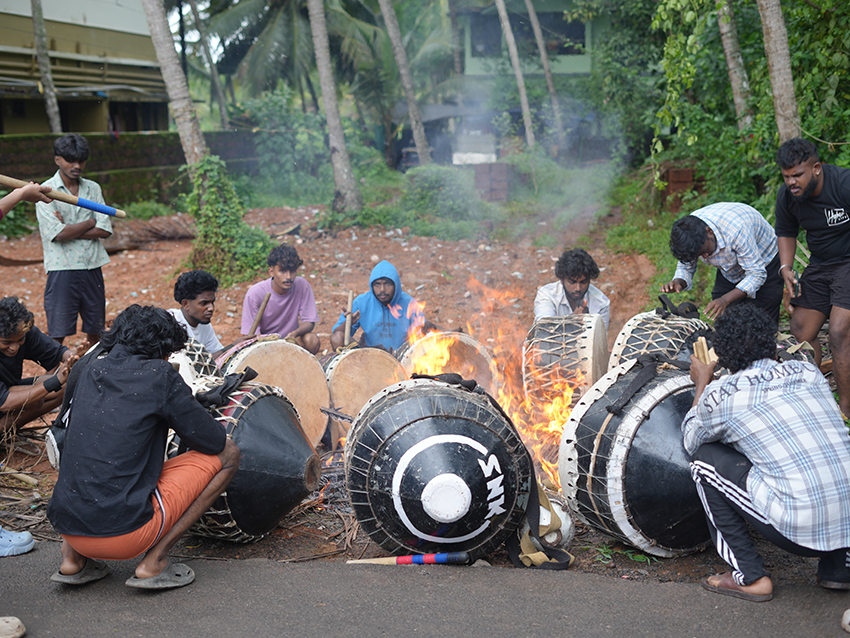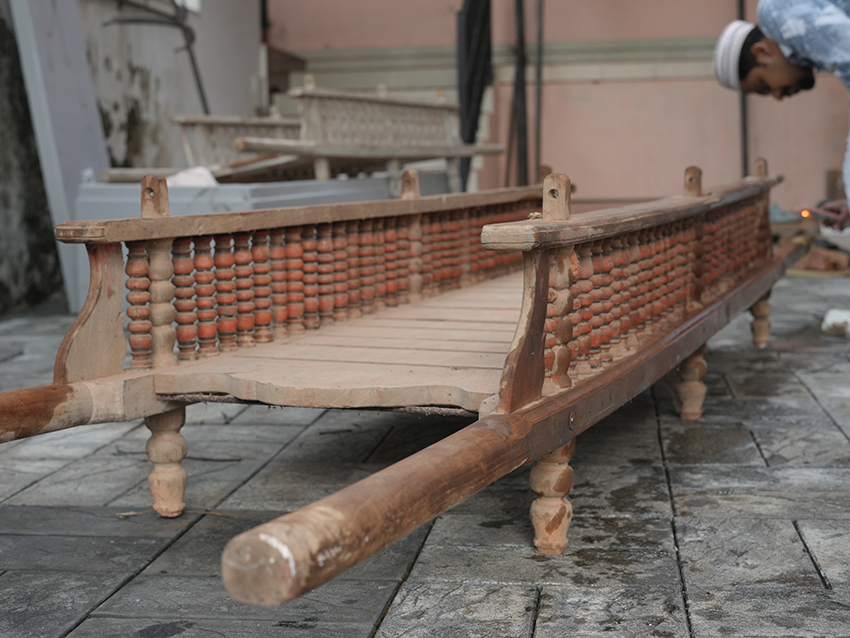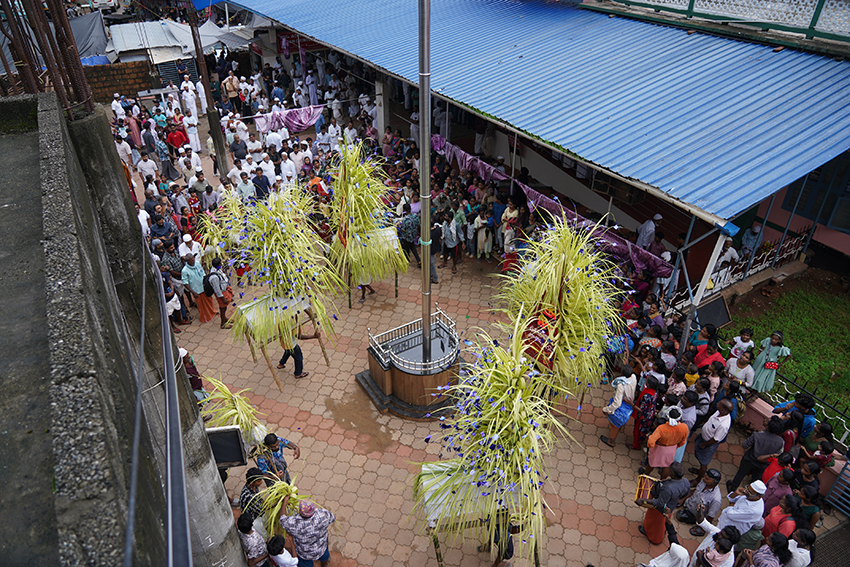Muhammed Anees TA




Project Period: One year and six months
This Foundation Project implemented by IFA delves into the material culture linked to the ritualistic practices of Muslims in hinterland Malabar. It also examines the significant contribution made by Mamburam Thangal to the formation of different ritualistic complexes in the region and the evolution of Mappila subjectivity during the 18th and 19th centuries. Muhammed Anees TA will be the Coordinator of this project.
Muhammed Anees TA is a postgraduate student in the Department of Humanities and Social Sciences at the Indian Institute of Technology (IIT), Gandhinagar. In the past, he has taught language and humanities at the Darul Huda Islamic University, West Bengal Campus. He has also worked as an editor of the Malayalam language cultural magazine Thelicham Monthly (2016-2020) and Book Plus publishers (2021-2022). Apart from this, he has translated several books and manuscripts into Malayalam. His interest areas include language, history, and anthropology. Given his background and interest, Anees is best suited to be the Project Coordinator for this Foundation Project of IFA. Moyin Malayamma and EP Sarfras will be joining as collaborators.
Anees observes that most of the existing research on the historical and anthropological aspects of Islam and the Muslims of Malabar, in the Malayalam-speaking state of Kerala, presents a linear narrative that overlooks the complex ways in which the Mappila subjectivity evolved in the hinterlands from the 18th century onward. It was intricately linked to the pivotal role played by Mamburam Thangal, the 19th century religious and political stalwart. These cultural formulations continue to be expressed in the mosque and shrine architecture, literary works, ritualistic performances, and religious practices throughout the region. This research project titled, Islam in the Hinterland Malabar: Mamburam Thangal and the Formation of Mappila Community in 18th and 19th Centuries, critically examines such practices and their profound implication in shaping the Mappila subjectivity.
Their study will take a multidisciplinary approach incorporating historical analysis, visual anthropology, ethnographic observation, interviews, discourse analysis, and oral history. Anees will utilise video and audio recordings to systematically document the research. In order to expand their understanding of ritualistic performance, they will employ a genealogical approach to discern the historical evolution of the observed practices Additionally, they will critically examine the interreligious shared practices in Malabar, often referred to as syncretic practices, in order to delve deeper into the intricate web of hierarchies, economic interactions, and neighbourhood relations that underlie these social formations.
The outcomes of this project will be a seminar on the evolution of 18th and 19th-century Mappila Muslims, a documentary film, an exhibition of project findings, a manuscript in Malayalam, and publications in online and print media. The Project Coordinator’s deliverables to IFA, along with the final reports, will be the documentary film, the items from the exhibition, including videos, photos, and graphic designs, as well as a digital archive of project findings.
This project suitably addresses the framework of IFA’s Arts Research programme in how it provides a thorough and scholarly perspective on the historical, cultural, and religious dimensions inherent to hinterland Islam. It also sheds light on the complexities of intercommunal relations in Malabar, a region marked by dynamic changes influenced by political factors.
IFA will ensure that the project is implemented on time and that the funds expended are accounted for. IFA will also review the progress of the project at midterm and document it through an Implementation Memorandum. After the project is complete and deliverables are submitted, IFA will put together a Final Evaluation to share with the Trustees.
This project is made possible with support from BNP Paribas India.
